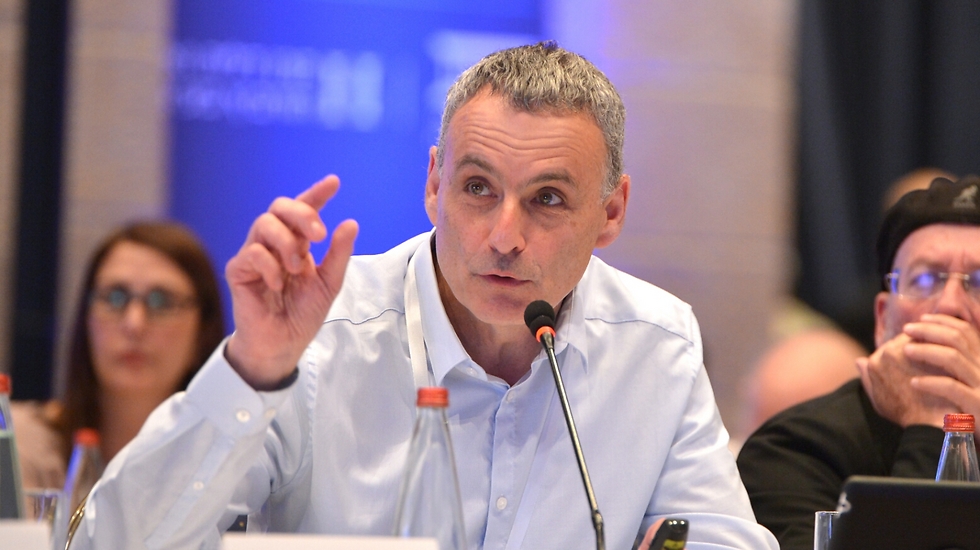
Prof. Nathan Sussman

Economists sound alarm over Israel’s low productivity, inequality
Director of the Bank of Israel Research Department says Israel’s productivity is among the lowest of OECD countries; 'Inequality leads to low achievements, which leads to low skills, which leads to low productivity, which leads to low GDP, which leads to a low quality of living,' he says.
Israel has a serious productivity problem and must address inequality through technological and vocational training, senior economists said earlier this week at the 2017 Israel Democracy Institute Eli Hurvitz Conference on Economy and Society, which this year was held under the theme of "Two Economies – One Society."
Prof. Nathan Sussman, Director of the Bank of Israel Research Department, said Israel’s productivity is among the lowest of OECD countries, and this has been an ongoing problem for the last four decades.
This is a major cause of inequality, warned Sussman. "Inequality in Israel leads to low achievements, which leads to low skills, which leads to low productivity, which leads to low GDP, which leads to a low quality of living," he said. "These problems are only growing larger as the population grows. We are doing far too little, for example, in investing in vocational training for older people. We are in a vicious cycle. It is in motion and it won't let us out."
Prof. Avi Simhon, Director of the National Economic Council in the Prime Minister’s Office, said people must develop unique skills otherwise they will find themselves earning low wages and competing with workers in developing countries.
"There will be a large premium for people with unique skills," Simhon said. "A graduate with a degree from the Technion in electrical engineering is earning about NIS 25,000 per month after two years. The market is rewarding people with special skills. Those without special skills will find themselves competing with China, the Philippines and Thailand."
Shai Babad, the Ministry of Finance's director general, said in order to address inequality, Israel must seek new solutions for integrating the ultra-Orthodox and the Arab sector into the economy.
"We see a lot of activity to help ultra-Orthodox women and Arab men. But if you take a look at ultra-Orthodox men and Arab women, you see their rate of participation is very low," said Babad, noting there is also a large productivity gap between Israel and other OECD states.
Babad said it is time rethink efforts. "For many years, we have insisted that the ultra-Orthodox study core subjects… We have not been successful. The question is: Should we try to develop an alternative track?"
Instead of insisting that ultra-Orthodox children learn math and English, the state should offer two-to-three-year technological training programs for ultra-Orthodox 19 and 20 year olds, who will then get internships and jobs. That, he said, would be far easier and more productive than attempting to convince ultra-Orthodox parents to let their children learn core subjects.
Story reprinted with permission from TPS.
















